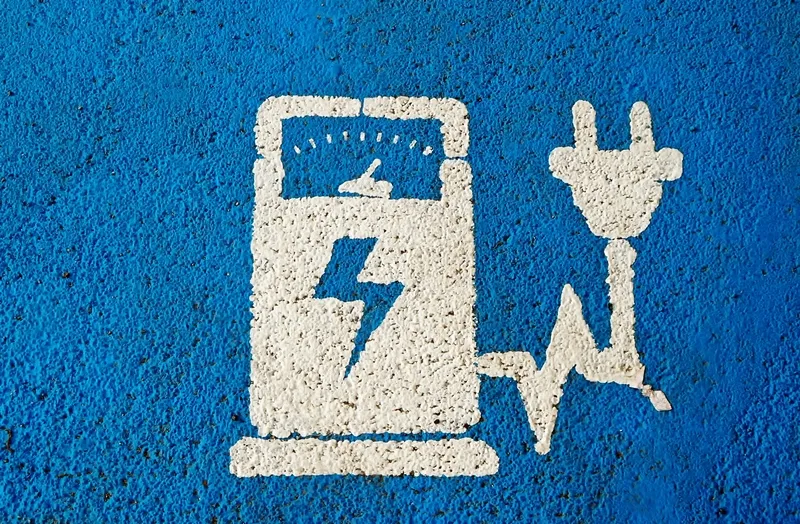A new report from the World Economic Forum, Accelerating Infrastructure Delivery: New Evidence from International Financial Institutions, examines how the experience of international financial institutions (IFIs) can help bridge the growing infrastructure deficit.
To accelerate economic growth, global levels of installed infrastructure, which currently stand at around US$45 trillion, need to grow to nearly US$100 trillion by 2030. To achieve this, governments need to increase public sector spending as a
May 20, 2014
Read time: 3 mins
A new report from the World Economic Forum, Accelerating Infrastructure Delivery: New Evidence from International Financial Institutions, examines how the experience of international financial institutions (IFIs) can help bridge the growing infrastructure deficit.
To accelerate economic growth, global levels of installed infrastructure, which currently stand at around US$45 trillion, need to grow to nearly US$100 trillion by 2030. To achieve this, governments need to increase public sector spending as a percentage of GDP and attract an estimated US$30 trillion in additional infrastructure capacity by 2030. Recent analysis shows that this level of enhanced investment will need to be derived from better pipeline management, greatly enhanced project preparation and delivery mechanisms based on user charges and other methods of revenue generation, as well as streamlined regulatory practices and deeper financial participation from the capital markets in the sector.
Drawing on the IFIs' 20 years of international investment experience, the report outlines how the lessons learned can be applicable for many emerging market economies, as they seek to develop strategic infrastructure. One of the main insights relates to the potential for strong financial and economic returns on investment in infrastructure.
The report focuses on three core areas: funding and financing of infrastructure projects; project preparation; and innovative funding approaches. It calls for robust structuring of project revenue and cash flow generation, a step-change in the quality of project preparation, and the use of innovative funding techniques such as value capture. It uses specific case studies from IFIs to demonstrate how all of these changes can be achieved.
Thomas Maier, managing director of infrastructure at the2001 European Bank for Reconstruction and Development (EBRD), and chair of the World Economic Forum's Global Agenda Council on Infrastructure, said the following about the report: “The best way to close the infrastructure gap is for public decision-makers to recognise the importance of increased user charges and for them to see that value capture will play a critical role in generating meaningful infrastructure uplift. We hope that this report, with its examples of success stories from both emerging and mature markets, will make a useful contribution to this debate.”
Alex Wong, senior director at the World Economic Forum, said that to accelerate infrastructure development, “governments should concentrate on building new assets, with robust funding and adequate project preparation. Any government may use the best practices presented in this report as guidance for improving project preparation and funding of infrastructure assets. This will speed up the development of infrastructure for the benefit of all.”
To help narrow the infrastructure gap, the World Economic Forum and its constituents are working to develop new forms of public-private cooperation in infrastructure. This year, the World Economic Forum will share the best practices collected over the three phases of the Strategic Infrastructure Initiative.
To accelerate economic growth, global levels of installed infrastructure, which currently stand at around US$45 trillion, need to grow to nearly US$100 trillion by 2030. To achieve this, governments need to increase public sector spending as a percentage of GDP and attract an estimated US$30 trillion in additional infrastructure capacity by 2030. Recent analysis shows that this level of enhanced investment will need to be derived from better pipeline management, greatly enhanced project preparation and delivery mechanisms based on user charges and other methods of revenue generation, as well as streamlined regulatory practices and deeper financial participation from the capital markets in the sector.
Drawing on the IFIs' 20 years of international investment experience, the report outlines how the lessons learned can be applicable for many emerging market economies, as they seek to develop strategic infrastructure. One of the main insights relates to the potential for strong financial and economic returns on investment in infrastructure.
The report focuses on three core areas: funding and financing of infrastructure projects; project preparation; and innovative funding approaches. It calls for robust structuring of project revenue and cash flow generation, a step-change in the quality of project preparation, and the use of innovative funding techniques such as value capture. It uses specific case studies from IFIs to demonstrate how all of these changes can be achieved.
Thomas Maier, managing director of infrastructure at the
Alex Wong, senior director at the World Economic Forum, said that to accelerate infrastructure development, “governments should concentrate on building new assets, with robust funding and adequate project preparation. Any government may use the best practices presented in this report as guidance for improving project preparation and funding of infrastructure assets. This will speed up the development of infrastructure for the benefit of all.”
To help narrow the infrastructure gap, the World Economic Forum and its constituents are working to develop new forms of public-private cooperation in infrastructure. This year, the World Economic Forum will share the best practices collected over the three phases of the Strategic Infrastructure Initiative.








